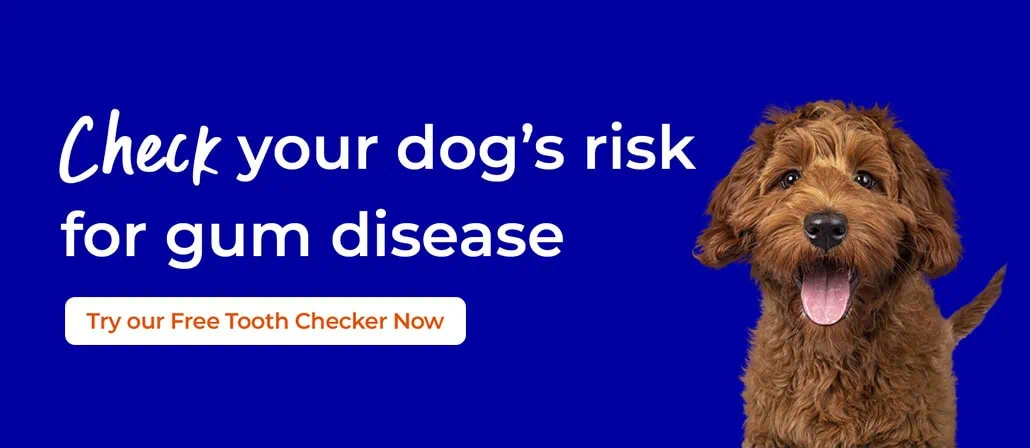Here at Chess Veterinary Clinic, we understand that your pet’s oral health is just as important as any other routine preventative treatment. Like humans, pets can develop a build-up of tartar, leading to tooth decay and gum disease. Brushing your pet’s teeth once or twice a day is the best option for good oral hygiene.

Signs of poor oral health in pets
- Bad breath (halitosis)
- Visible tartar build-up on teeth (brown colouration on surface of teeth)
- Red or inflamed gums (gingivitis)
- Discoloured teeth
- Loose teeth
Signs of severe dental disease in pets
- Drooling
- Bleeding from the mouth
- Slowness or reluctance to eat
- Chewing on one side of the mouth
- Dropping food from the mouth when eating
- Swelling around the mouth
We are happy to answer any questions you may have, as well as advising you on the recommended products or dental diets for your pet. Contact your nearest Chess Veterinary Clinic in Chorleywood or Rickmansworth for a consultation.









Follow us: